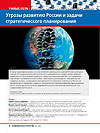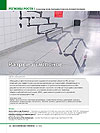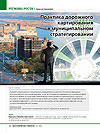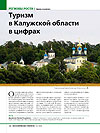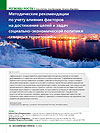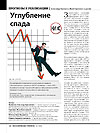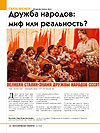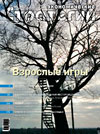
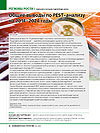
PEST can be regarded as a high-quality analog of a quantitative mathematical model used, for example, in the budgeting process. Calculations presume a variation of some variables within the model, including the expert one. Such variation is inevitable since any model only to some extent is similar to the simulated system and the “observer’s” expert position is important. At the entrance of the mathematical model there are figures defined with some accuracy, at the output there are also figures, expertly substantiated and simulated. PEST represents a “semantic model” containing basic “event trees”. At the entrance to this model there are events that “happened”. At the output — their development forecast, if “this” has happened, “this and that” will certainly happen and with some probability “or this, or that”. The forecast presumes the work of an expert who subjects the event to a modeling framework of PEST-analysis. With events development in reality it becomes possible to compare two semantic networks, one of which is referred to “forecasted”, and the other — to “happened” events structure. An expert, and in some simple cases even a computer program, can either attribute a happened event to one of the scenario branches existing in the forecast or to come out with a suggestion on the emergence of a new branch, or, finally, to conclude that the given event is an imitation, that is, has a “non-physical character”. The latter is very important, but needs verification by subsequent events. Thus, the proposed PEST-analysis in the context of “world — country — region” is some semantic “model”, forming “forecasted” semantic trees and networks, allowing to classify operational event-series (“extract meaning”) and to forecast their further development from the strategic perspective point of view. This method seems relevant from the perspective of realization (and automation) of the problem of continuous dynamic strategic management, which is extremely important while the world system is passing ugh the “bifurcation point”.
Продолжить чтение



